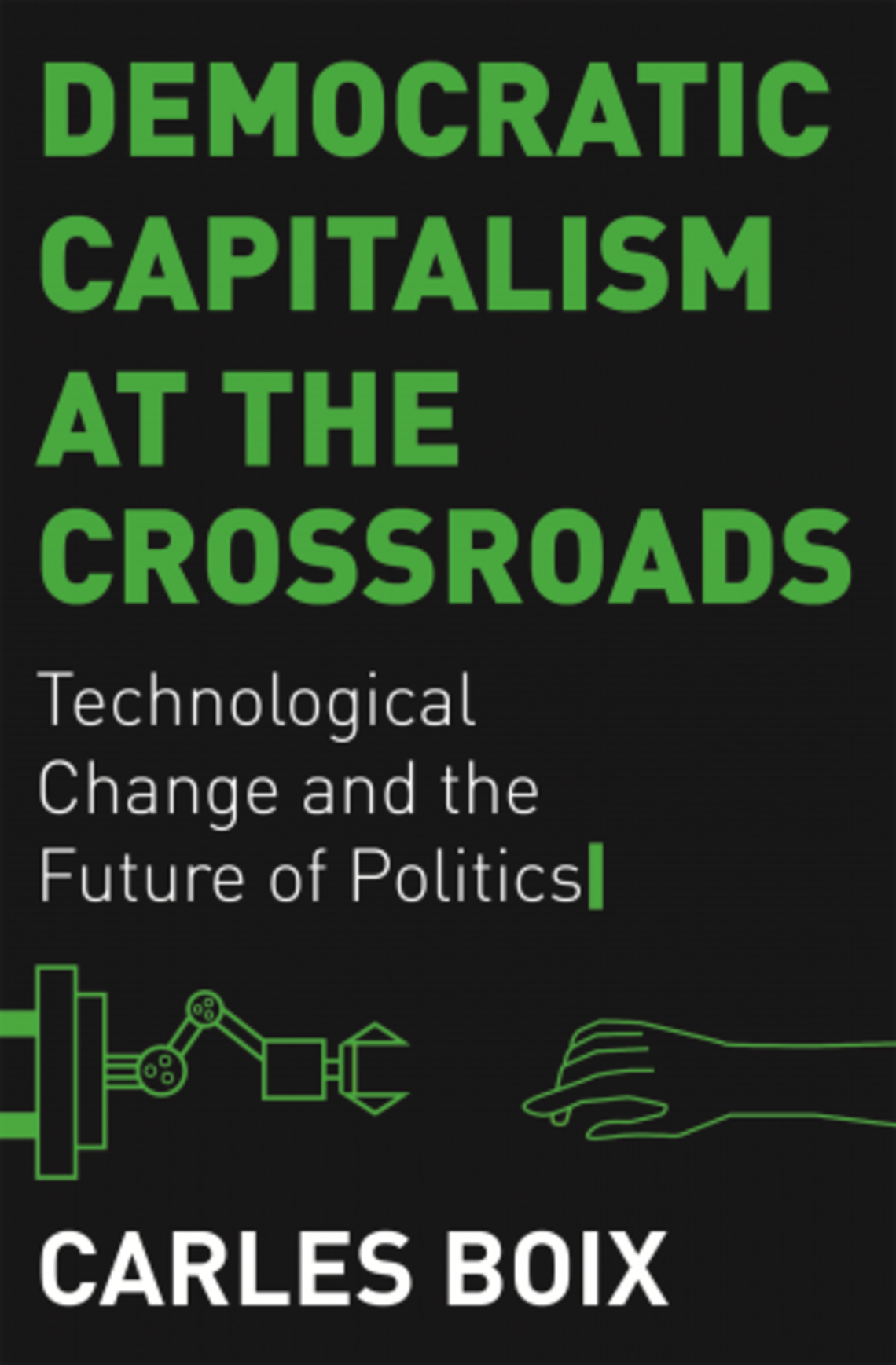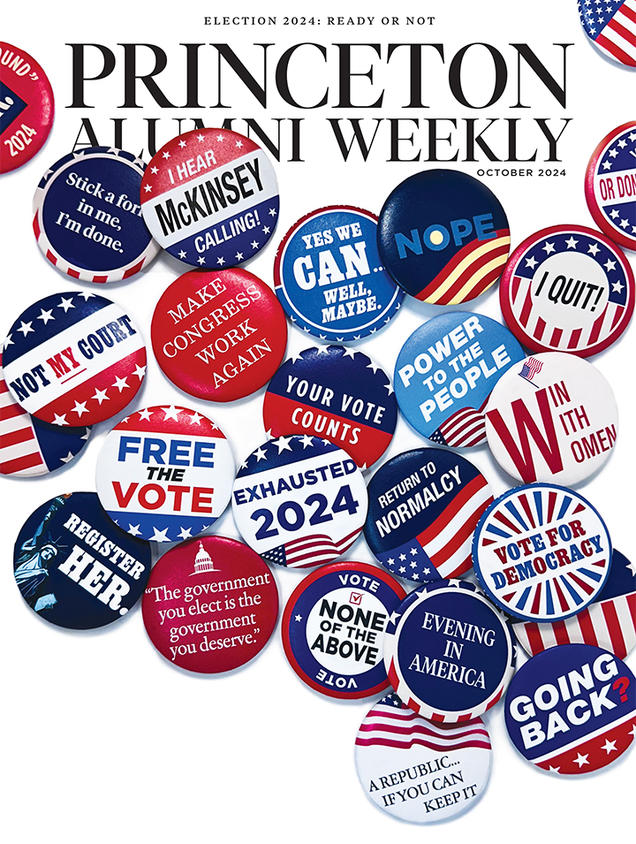
Democratic Capitalism at the Crossroads
Worldwide support for democratic populism has consistently increased over the past 150 years, but it seems like it could be at its peak now, as inequality remains a consistent problem. Democratic Capitalism at the Crossroads (Princeton University Press) looks at the development of democratic capitalism throughout history to analyze its core tenets, then looks forward to see how it can best be adapted to reign in capitalism’s excesses while maintaining democracy.
Book Club.
Join and Read With Us.

Paw in print
Image

The Latest Issue
October 2024
Exit interviews with alumni retiring from Congress; the Supreme Court’s seismic shift; higher education on the ballot
